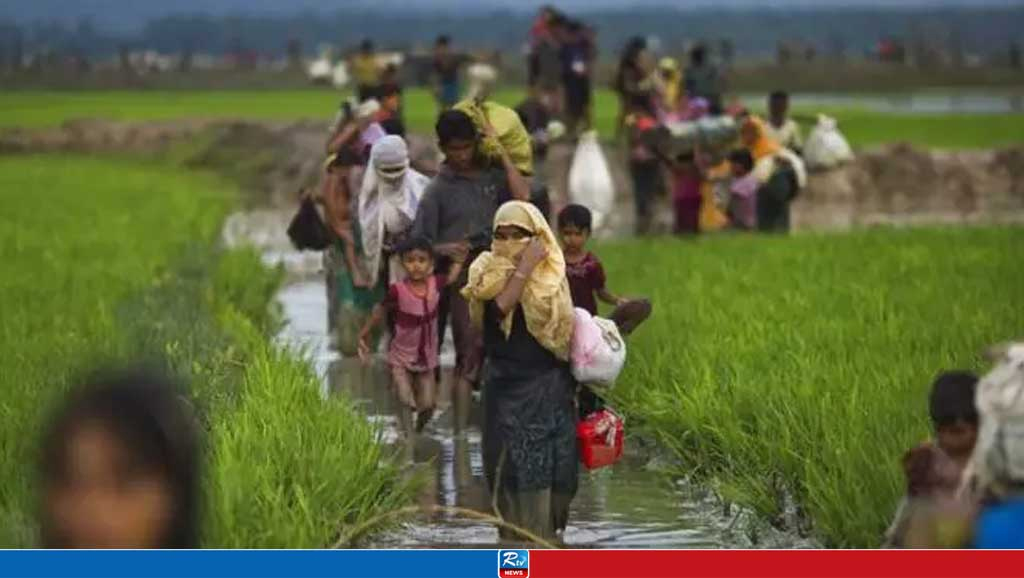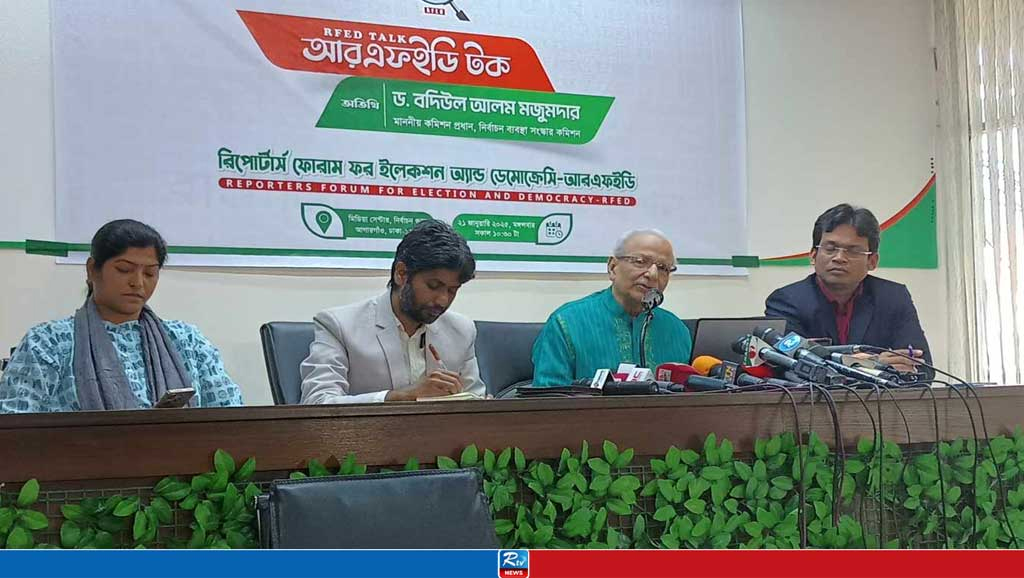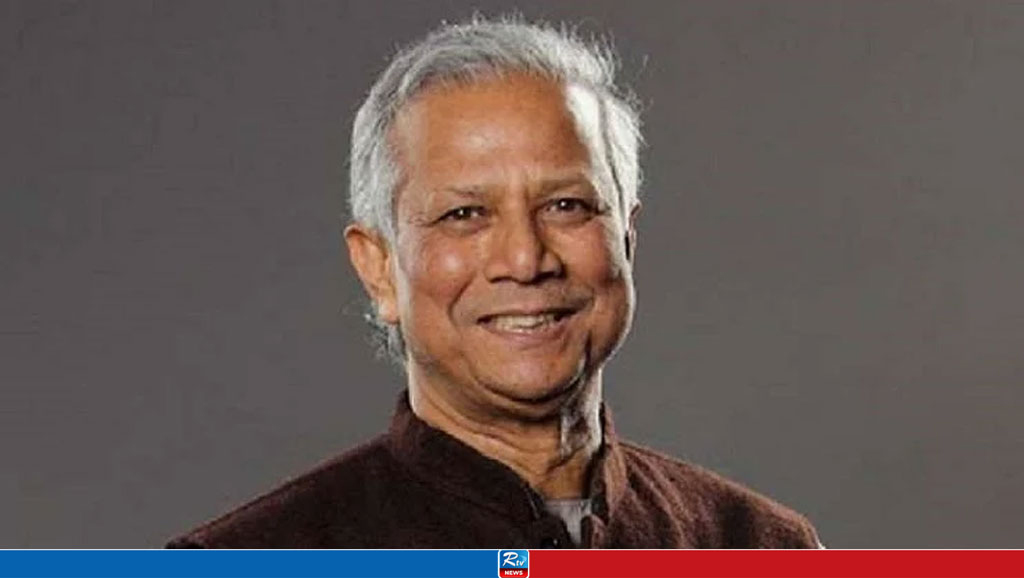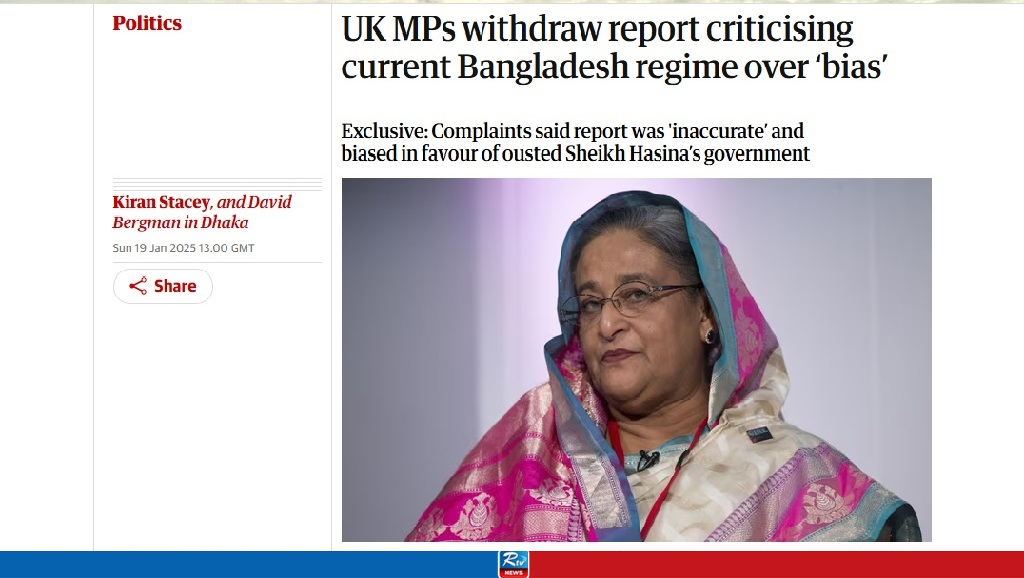At a Glance:
Key Reforms and Changes in the First Month of the Interim Government
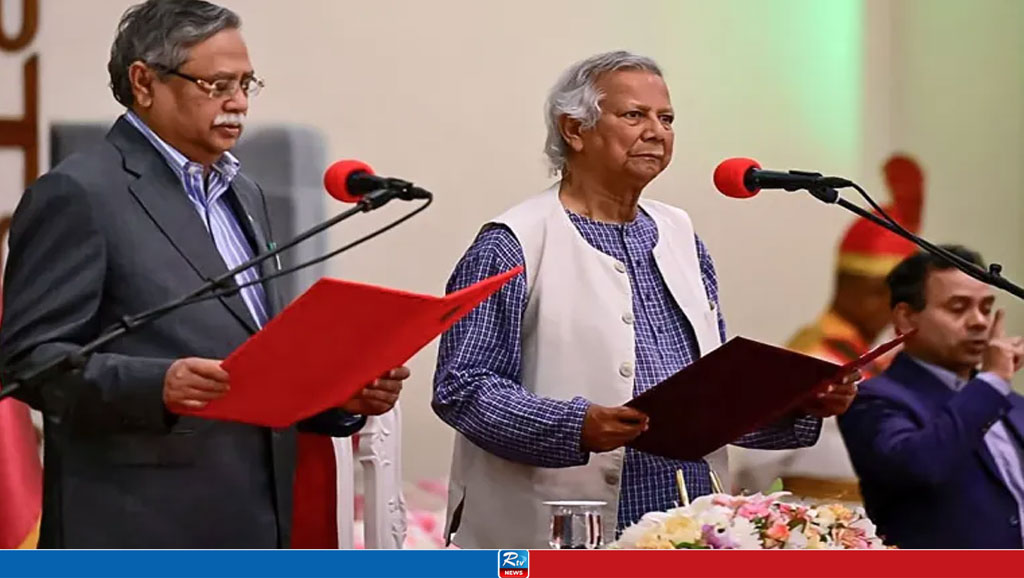
On August 5, Sheikh Hasina's government was overthrown following a student-led coup. Three days later, on August 8, an interim government was established, headed by Nobel laureate Dr. Muhammad Yunus. This interim administration consists of 21 members, including the Chief Advisor. Nahid Islam and Asif Mahmud, key coordinators of the anti-discrimination student movement, have been appointed to the advisory board. Additionally, the Chief Advisor is supported by two Special Assistants and a Special Envoy for International Affairs. The interim government has already initiated reforms in areas such as human rights, the economy, administration, law enforcement, and public safety.
Highlights in a month include:
Human Rights
- The government has decided to withdraw criminal cases filed against students during the protests from July 1 to August 5.
- Steps are being taken to fast-track the dismissal of false and harassment cases under the Anti-Terrorism Act and Cyber Security Act.
- The United Nations will investigate deaths related to the student movement, while a commission has been formed to investigate disappearances.
- Bangladesh signed the International Convention for the Protection of All Persons from Enforced Disappearance.
- A foundation will be set up to support the families of those involved in the student uprising.
- The President of the Emirates pardoned 57 Bangladeshis imprisoned for their involvement in protests, following a request from the Chief Advisor.
Parliament, Judiciary, and Election Commission
- On August 6, President Sahabuddin dissolved the 12th National Parliament.
- Speaker Shirin Sharmin Chowdhury resigned on September 2.
- Chief Justice Obaidul Hasan and five Appellate Division judges resigned on August 10, replaced by Justice Syed Refat Ahmed as Chief Justice.
- Asaduzzaman was appointed Attorney General on August 8.
- The Election Commission led by Chief Election Commissioner Kazi Habibul Awal resigned on September 5.
Politics
- BNP Chairperson Khaleda Zia was released by executive order on August 6.
- On August 28, the ban on Jamaat-e-Islami was lifted.
- The government stated that fascist parties would remain barred from rehabilitation until their trials are completed.
Financial Sector and Anti-Corruption
- The boards of 10 banks and one financial institution have been reconstituted, including nine owned by S Alam Group.
- Bank accounts of former ministers, MPs, and pro-Awami businessmen, police, and military officers have been suspended.
- A market-based dollar rate has been introduced.
- Administrators were appointed to mobile financial services companies.
- A committee is investigating stock market irregularities and allegations of money laundering against Beximco, S Alam Group, and Chowdhury Nafiz Sarafat.
- The ACC is investigating influential figures from the former Awami government, and a white paper on the economy is in progress.
- A new governor has been appointed for Bangladesh Bank.
Administration and Local Government
- On August 19, all Upazila Parishad chairmen, Zilla Parishad chairmen, city corporation mayors, and municipal mayors were replaced by administrators.
- Contractual appointments across various administrative posts have been canceled.
- Government employees are now required to disclose their assets.
- Changes have been made in top public administration and police positions, with promotions to Deputy, Joint, and Additional Secretary levels.
Law and Order
- 24 individuals, including former ministers, MPs, and police officers, have been arrested in connection with the mass movement.
- A special operation to recover weapons began on September 4.
Energy
- Electricity and gas prices will now be set through public hearings, not by executive order.
- A review committee was formed for power and energy contracts, and no new contracts will be signed under the 2010 special provisions law.
Health
- A committee was formed to provide assistance to families affected by the movement.
- On September 3, a 12-member expert committee was established to reform the health system and improve medical services.
Education
- School programs resumed with the reintroduction of science, humanities, and business streams in secondary education from September 1.
- The government canceled the postponed HSC exams on August 20 following student protests.
- Leadership changes occurred at universities, including Dhaka University, with a call for teachers to resign and end harassment.
Sports
- On August 21, Nazmul Hasan resigned as BCB president, and former national cricket captain Farooq Ahmed took over.
- Presidents of other sports federations were also removed.
Executive Orders and Decisions
- On September 5, Ganabhaban was designated as a "July Uprising Memorial Museum."
- The Advisory Council approved the repeal of the "Protection of Family Members of the Father of the Nation Ordinance, 2024" on August 29, removing special security for Bangabandhu's family.
- The national holiday for the Day of Mourning on August 15 was cancelled.
- An advisory committee was formed to regulate the naming of state institutions.
- On September 4, Chief Advisor Muhammad Yunus instructed government secretaries to implement reforms at all levels.
Comments
Jahanabad Express Launches on Dhaka-Khulna Route via Padma Bridge

A Glimpse of Bangladesh's Significant Events in 2024
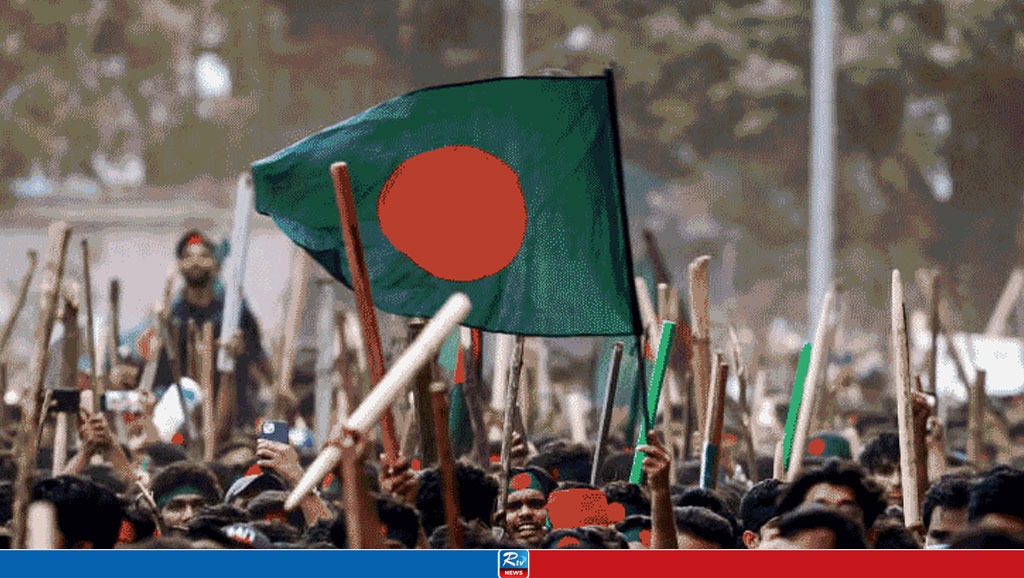
Ex-BGB Director General Detained at Airport
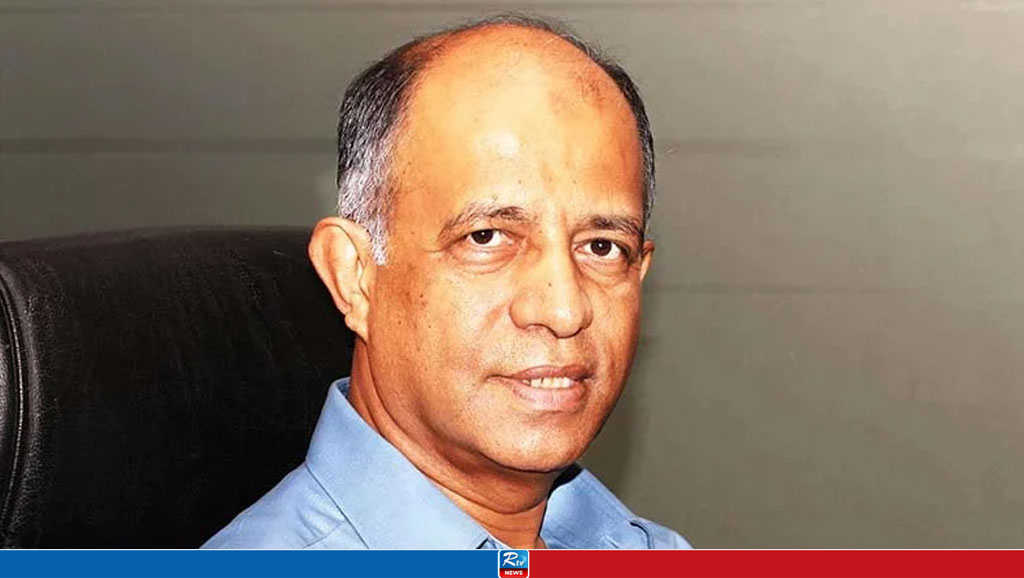
ACC Probes Hasina Family's Purbachal Plot Scandal
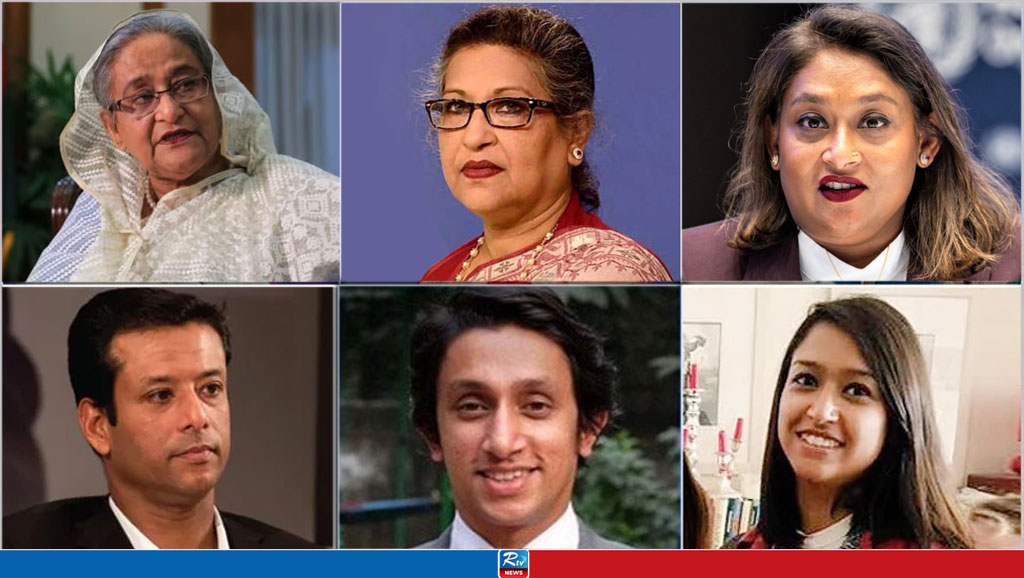
Private Car Hit by Bus on Expressway, 5 Dead
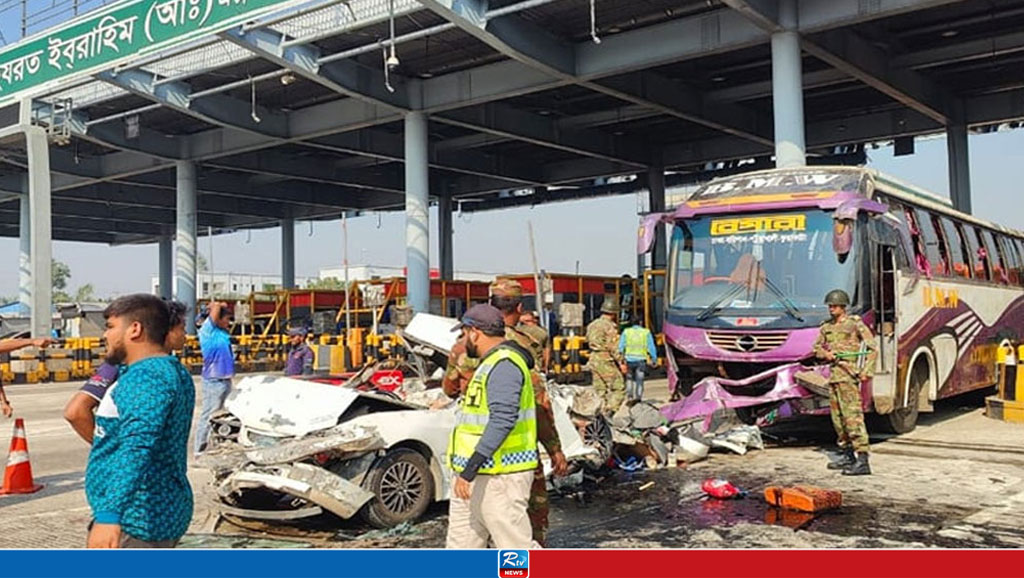
SSC Syllabus and Mark Distribution for 2026 Published

Trainee Doctors Block Shahbagh Intersection
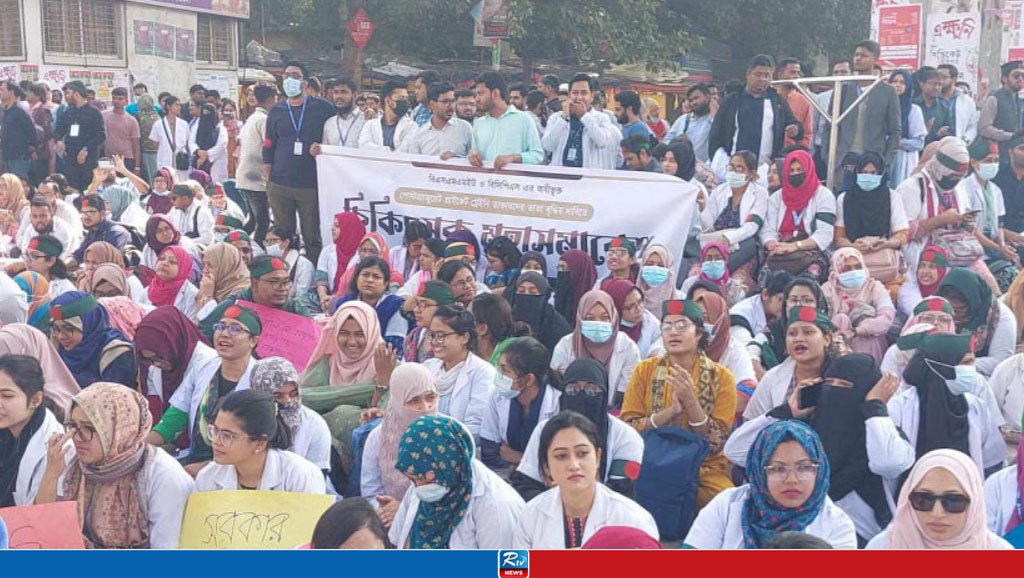

 Live Tv
Live Tv

